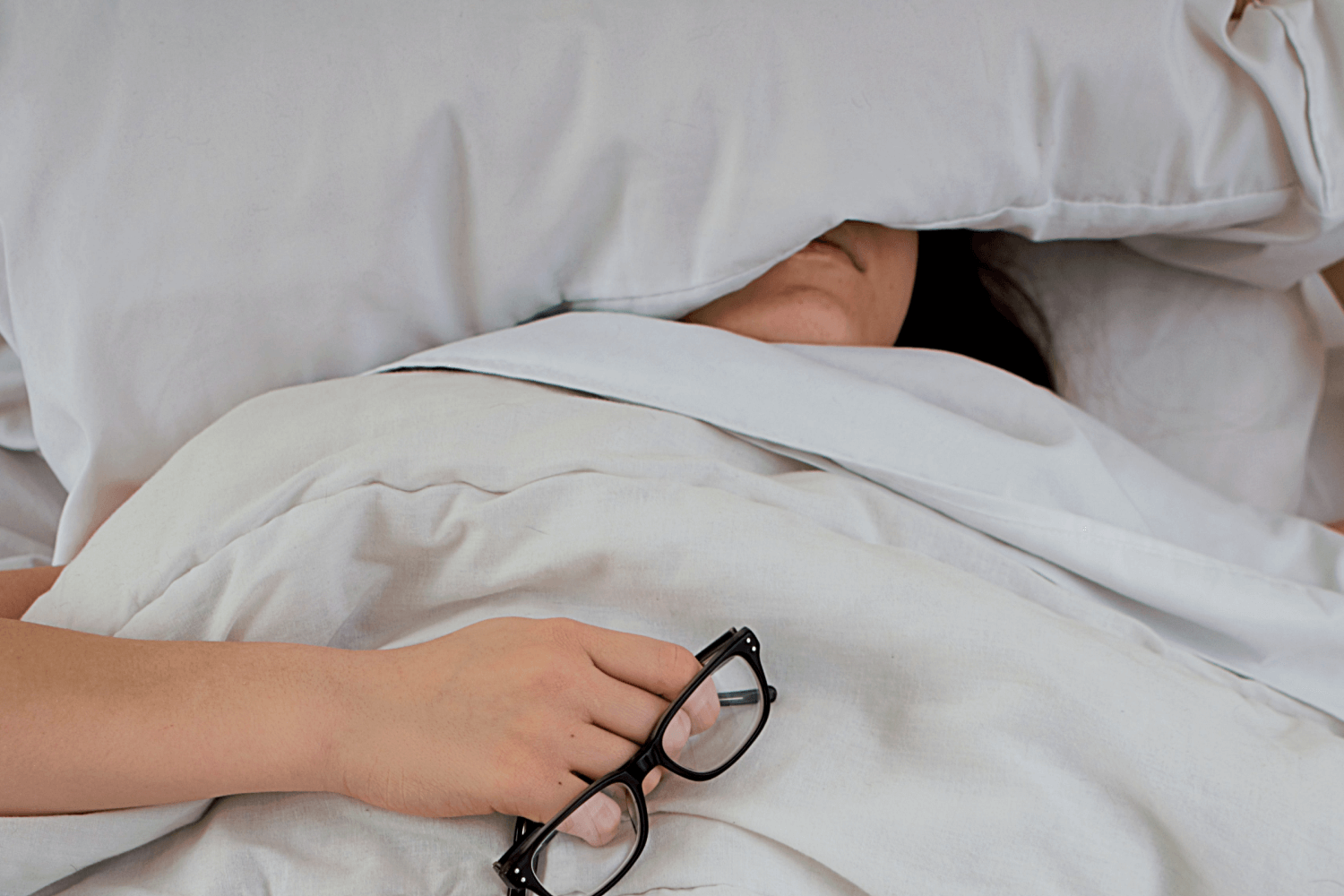5 strategies to help shift workers get better quality sleep
If you’re a shift worker, we’re sure that you're familiar with the term ‘burn out’. Been there? We aren’t surprised! Research into the sleeping habits of nurses showed a strong correlation between burnout and sleep quality. But rest assured - there are steps that you can take to optimise the duration and quality of your sleep if you’re a shift worker.
Over 1.4 million Australians have jobs that involve shift work (work that takes place outside of the traditional 9 to 5 workweek). Studies show that shift workers get on average two to three hours less sleep per night than the medically recommended seven to nine hours. This is simply not enough sleep for most bodies to function optimally, often leading to the dreaded ‘burn out’.
The good news is that we have some strategies you can implement to improve both your sleep duration and sleep quality as a shift worker. Let’s work to make ‘burn out’ a thing of the past.
Keep your room dark
Light plays a major role in signalling to your body that it’s time to sleep. If the body is exposed to too much natural light before sleep, it can trick your circadian rhythm into not producing enough melatonin - a hormone that helps your body regulate sleep.
We suggest you wear a sleeping mask or use blackout curtains in your bedroom to stop natural light coming in. If your night shift ends when the sun is starting to come up, you could also benefit from wearing sunglasses on your way home from work. Research has shown that a person will both get to sleep quicker and sleep for longer if they wear sunglasses on the way home to block out some sunlight. This is because shades prepare the body for sleep by mimicking dusk.
Control the temperature of your room
Experts recommend a bedroom be at 18 degrees celsius for optimal sleeping conditions. Your body has a natural temperature cycle - it cools down throughout the night and reaches its coldest temperature at around 5 am, It then warms up again as you wake. Messing with your natural body temperature with artificial heating can stop the body from cooling down naturally. Studies have shown a definitive link between insomnia and room temperature.
Our suggestion is to ensure that your room sits at around 18 degrees - no hotter. Turn the heater off before you go to bed and grab an extra blanket or a heat pack if need be.
Limit distractions and interruptions
When working irregular shifts, it's particularly important to ensure as little disruption to your much-needed sleep schedule as possible. We understand that this isn’t easy for everyone. But prioritising this time for yourself is vital to ensure that your body continues to function at its best and that you have enough energy to keep working.
Ask your family or housemates to be considerate in the hours when you’re trying to sleep. Even then, sometimes noise is unavoidable. Investing in a white noise machine is a common tactic by night shift workers. These machines block disruptive environmental noises with white sound, helping you get to sleep and stay asleep.
Take a nap
It may sound counter-intuitive, but studies show taking a nap during a night shift is beneficial for counteracting fatigue (even those naps between 25 and 45 minutes long). A nap isn't a practical solution for all occupations due to time constraints, but if you can squeeze a nap in (and the boss is okay with it), it would be our recommendation to do so.
Monitor caffeine consumption
When you start to feel tired, a cup of coffee may be the first thing you reach for to keep you alert late into your shift. The problem with this is that research shows high doses of caffeine have a “negative impact upon sleep duration” due to its stimulant nature.
Our suggestions would be to swap your nightly coffee with a decaf option such as a herbal tea or a decaf coffee and incorporate a short nap into your routine to recuperate some of that energy.
A final word of advice...
Sleep is an important part of your overall health and wellbeing. Getting a good night’s sleep aids productivity and concentration, boosts the immune system, and helps you maintain your mental and physical health (particularly in relation to heart disease and weight control).
On top of this, accidents are a lot more common when the body is run down and tired, putting you at risk both at work and at home. So it’s incredibly important to take control. If you’re aware that your shift times are going to change, prepare early and try gradually going to bed earlier or later. To avoid shocking your body on the day of your shift, planning is key.
If you’re experiencing persistent disruptions to your sleep, consult with a pharmacist to discuss possible solutions.
Any advice provided in this content is of a general nature and does not take into account your objectives, health or needs. The information in this post is not intended to substitute medical advice, diagnosis or treatment and should not be exclusively relied on to diagnose or manage a medical condition. You need to consider the appropriateness of any information or general advice we give you, having regard to your personal situation, before acting on our advice or purchasing any over-the-counter sleep product.

